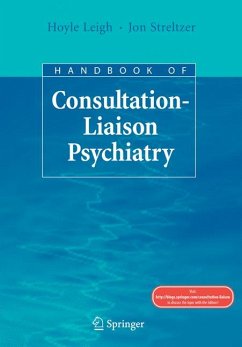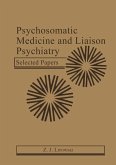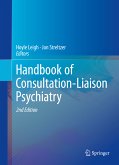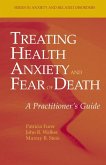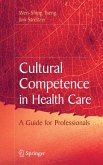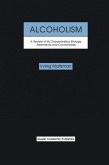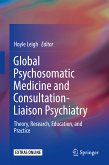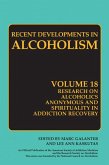The authors and their 17 colleagues emphasize the flexibility CL practice demands, the team setting it entails, and the clinical and empathy skills it requires. Early chapters trace the roots of psychosomatic medicine and consultation-liaison psychiatry, the nature of psychiatric diagnosis, and explain the clinical, educational, administrative, and research functions of CL psychiatry, and walk the reader through the basics of psychiatric consultation. They discuss common reasons for psychiatric consultation and the immediate management of urgent conditions such as agitation and suicidal behavior. From there, chapters feature case vignettes, practice guidelines, and specific information on topics as varied as postpartum depression, withdrawal symptoms, and chronic pain. And in keeping with this real-world orientation, contributors identify cultural issues, analyze ethical concerns, and flag the potential conflicts of interest that practitioners must recognize and prevent for successful practice.
Highlights of the coverage:
- Foundations of the field-origins of CL psychiatry, an evolutionary, gene-environment interactional model of psychiatric illness, reasons for consultation, empirical findings on CL psychiatry.
- A downloadable Consultation Database that automatically generates consultation reports.
- Psychiatric conditions-anxiety, depression, psychosis, somatoform disorders, pain, PTSD, substance abuse, delirium and dementia.
- Medical settings and issues-ICU, palliative care, emergency care, outpatient, ethical issues, competency, emergency hold.
- Special populations-children/adolescents, geriatric patients, immune-compromised patients, kidney and liver diseased patients, pregnant patients.
- Key techniques-interviewing, psychopharmacology, detoxification, relaxation methods (including hypnosis), and more.
With this depth and scope, the Handbook offers a wealth of insights and ideas to psychiatrists, primary care physicians, psychiatric and primary care residents, medical students, behavioral medicine specialists, and others who are interested in managing emotional aspects of medical patients, and providing biopsychosocial care. Its accessibility makes it an outstanding text for advanced students in health psychology and behavioral medicine, and a reliable reference for professionals in related health fields.
Visit:
http://blogs.springer.com/consultation-liaison to discuss the topic with the Editors!
Dieser Download kann aus rechtlichen Gründen nur mit Rechnungsadresse in A, B, BG, CY, CZ, D, DK, EW, E, FIN, F, GR, HR, H, IRL, I, LT, L, LR, M, NL, PL, P, R, S, SLO, SK ausgeliefert werden.

